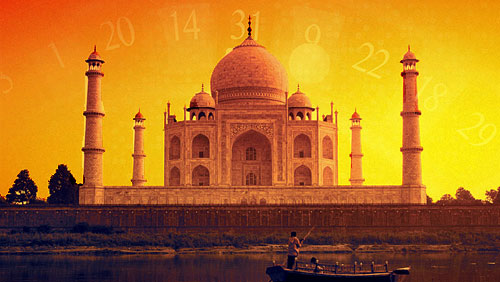The idea of legalized gambling in India has been floating for some time, but officials are now reportedly “serious” in their attempt to examine whether sports betting and casino gambling can be legalized in the country.
 India’s top law panel, the Law Commission of India, is reviewing the possibility of making sports betting and gambling in casinos legal, according to the Hindustan Times. Insiders told the Indian news outlet that the panel has yet to make up its mind, but a draft gambling bill is “under serious consideration.”
India’s top law panel, the Law Commission of India, is reviewing the possibility of making sports betting and gambling in casinos legal, according to the Hindustan Times. Insiders told the Indian news outlet that the panel has yet to make up its mind, but a draft gambling bill is “under serious consideration.”
The motivation, of course, is financial as India’s gambling industry—currently worth an estimated INR300,000 crore (USD45.01 billion)—is expected to “bring in thousands of crores in revenue.”
This isn’t the first time that the law panel has discussed the feasibility of legalizing gambling in the country.
Late last year, retired Justice Balbir Singh Chauhan, chairman of the Law Commission of India, confirmed that they are “examining all legal aspects of betting in sports.”
India has already flirted with the idea of legalizing sports betting, but the legislature has yet to act on it. The country’s gambling market is governed by the Public Gaming Act 1867, which has been the focus of modernization for many gaming industry stakeholders.
In July, India’s Supreme Court accepted the recommendations made by the Lodha Committee to make sports betting legal through an enacted legislation. In 143-page judgment, the magistrates agreed with the committee that sports betting and match fixing were not the same bananas when they gave their stamp of approval for the legalization of sports betting in India.
However, the magistrates left the decision to make sports betting legal in India to the Parliament since the issue “involves the enactment of a law which is a matter that may be examined by the Law Commission and the government.”
Regulating the online gambling sector will also require authorities to allow casinos and betting on cricket and other sports, commission sources told HT.
“It (betting and gambling) is already happening through the internet and it is hard to stop in the absence of an updated law,” a member of the commission said, according to the news outlet.